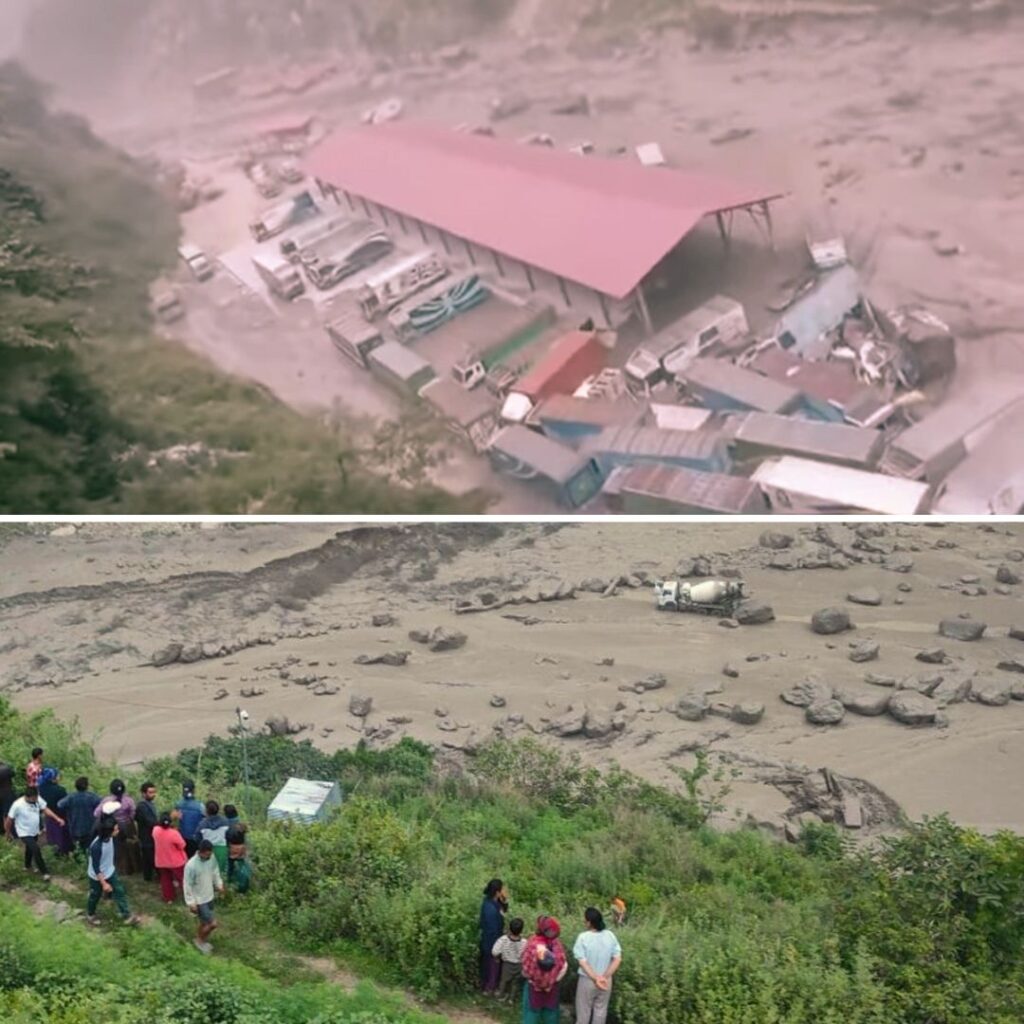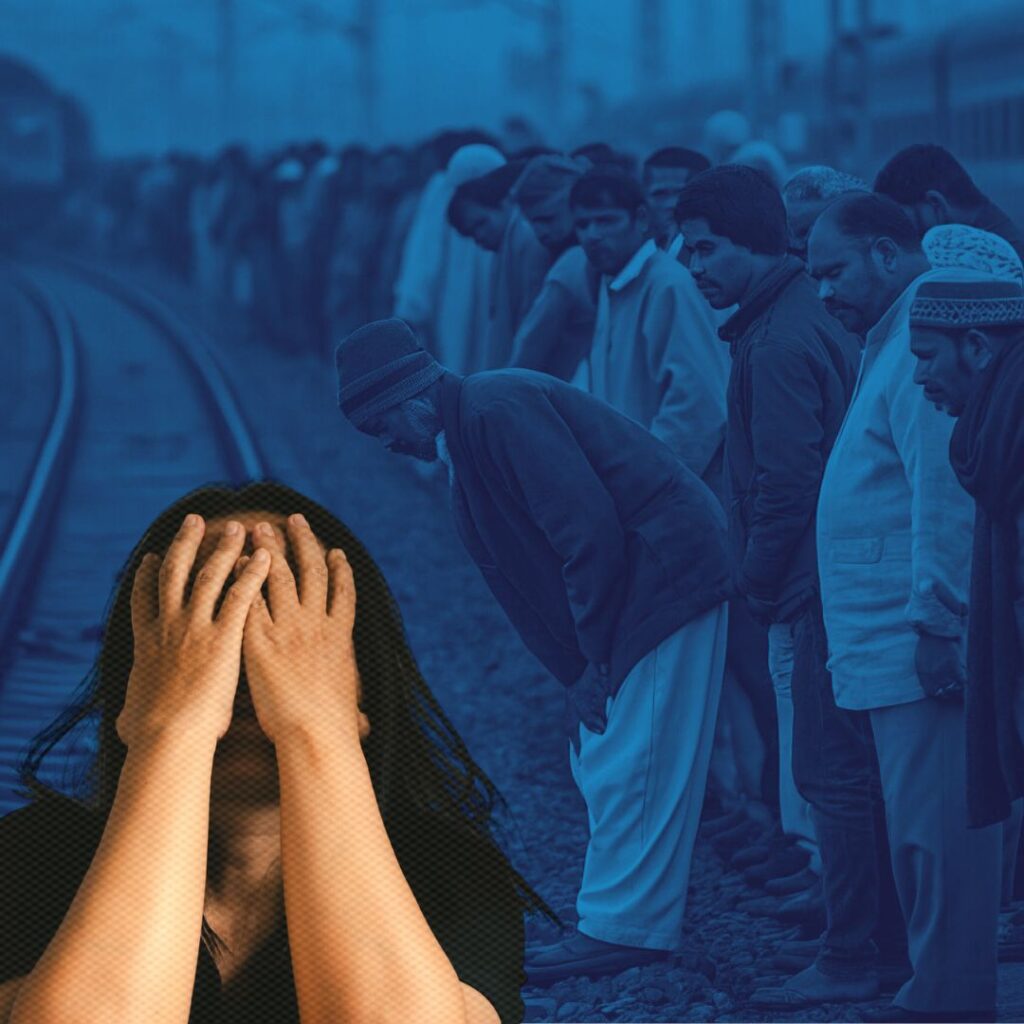Sayed is a 12-year-old boy from a low-income household who often sees his father becoming aggressive and abusive towards his mother.
Is Sayed learning that this is appropriate behaviour?
Now imagine another scenario – a little more ‘hard hitting’ than the previous one.
Madhu is a nine-year-old girl in an urban slum who has witnessed her father’s death. Her mother left her in a children’s home so that she could stay and study there. Today is her first day at this new place.
Madhu has not been able to comprehend the things that are happening around her, let alone express her feelings. Well, she is just a kid. She will forget about it soon, right? But will she?
Or this.
“Dad”, says Rhea, a bubbly 13-year-old, “I’m going out to a party tonight with my friends, and I should be back by 9”. “No way”, comes the terse response, “Be back by 6, or I will be very upset!” “But, Dad”, starts Rhea and is cut off by Dad “No buts, just do as I say”. The door slams shut, and Rhea sulks in her room for the rest of the day; needless to say, dinner is a bust, as is the rest of the weekend.”
If there is an adolescent at home, then this could be a familiar scene; we all have taught our children to ‘play by the rules’, but who’s enabling them to communicate their views?
These are just some examples of situations that young children today face, regardless of their socio-economic background – while some of these are simple enough to deal with, there are certainly others that are not trivial, and can have an impact on some of the most productive years of adolescence and youth.
Picture this : 230 + million adolescents in India today and rising. Choices hugely being influenced by ‘what would my friends think about me?’. 13-year-olds facing 18 hour days trying to juggle academics, sports, projects, board exams, entrance exams, maybe even part time jobs to support the family and more. Easy access to the consumer market and financial freedom at an early age, i.e., ‘pocket money’ which has now transcended the weekly Rs. 5 that we used to get. Parents who expect their kids to be geniuses in the class all the time. Get the picture?
With all the physiological and psychological changes that an adolescent must deal with in the first place, there are now all these other variables added to the mix that hugely contribute to the stress quotient for an adolescent. Many experiences also elicit strong feelings – such as anger, sadness, anxiety, or frustration – which require emotional competence and self-regulation and social skills to manage. Are we focusing on these?
Social and emotional development often start during the early childhood stage and almost always involve interactions with others. Positive interactions foster positive experiences and enable children to develop skills that will make them confident, resilient and help them take responsible decisions. As children move from “other-regulation” (wherein adults manage and soothe them) to a state of self-control, they need skills to manage their emotion and behaviour and focus their attention in response to the demands of the environment.
These skills are necessary for mental health and wellbeing, learning, motivation to achieve and co-operate, and the development of values. There are core social and emotional skills that children of different ages develop through their relationships and everyday experiences with others. The focus needs to be on ensuring that there are environments that nurture and provide structured interventions on these skills over a period to develop the social and emotional health of children.
The following building blocks are considered essential:
Sense of self:
Developing the capacity to feel positive about themselves and their capabilities. For this, it is invaluable for them to have opportunities to make choices, explore, develop and practise new skills.
Expanding the emotional vocabulary:
The ability to recognise, express and regulate feelings which develop through social interactions and relationships. These skills include not only the capacity to express, recognise and manage their emotions but also to be able to recognise and understand other people’s emotions. Apart from these, identifying and managing signs of stress and anger are also part of the key areas of emotional skills.
Developing pro-social behaviours:
Developing the capacity to interact successfully with others. Building relationships, effective communication, active listening, and assertiveness are some of the key areas of social skills
While most formal learning environments are doing an excellent job of expanding the bandwidth as far as imparting knowledge is concerned, we need to take a long, hard look at whether this will stand the test of the next generation of fast-growing adolescents.
So what?
Social and emotional skills continue to develop as children grow and interact with adults and other children.
If we expect children to manifest all these skills o…











